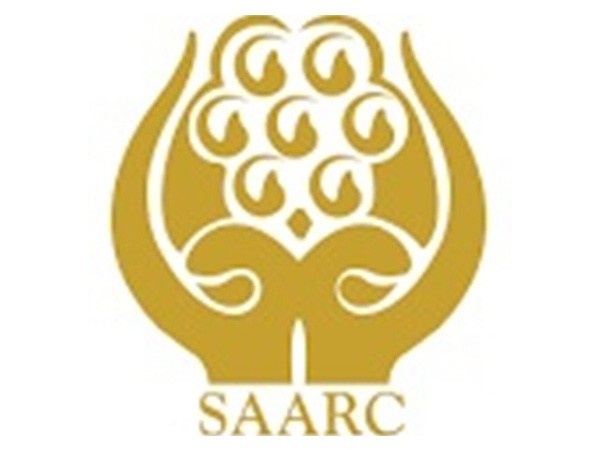Description

Disclaimer: Copyright infringement not intended
Context: A meeting of foreign ministers from the South Asian Association for Regional Cooperation (SAARC) countries, has been cancelled as the member states were unable to agree upon the participation of Afghanistan, with Pakistan and India in particular at loggerheads over the issue.
More about news:
- After Pakistan objected to the participation of any official from the previous Ghani administration, SAARC members reportedly agreed to keep an “empty chair” as a symbolic representation of Afghanistan.
- However, Islamabad later insisted that the Taliban be allowed to send its representative to the summit, a notion that all of the other member states rejected.
- After no consensus could be formed, Nepal, the ‘host’ of the summit, officially cancelled the meeting.
What is SAARC?
- SAARC is a regional inter-governmental organisation of South Asian countries namely, India, Bangladesh, Bhutan, the Maldives, Nepal, Pakistan and Sri Lanka. Afghanistan joined the bloc in 2007.
- SAARC also includes nine formally recognised observers including the European Union, the US, Iran and China.
- According to the SAARC charter, the goal of the organisation was to contribute to “mutual trust, understanding and appreciation of one another’s problems”.
What has SAARC done so far?
- Despite its lofty ambitions, SAARC has not become a regional association in the mould of the European Union or the African Union.
- Its member states are plagued by internal divisions, most notably the conflict between India and Pakistan.
- This has hampered its ability to form comprehensive trade agreements or to meaningfully collaborate on areas such as security, energy and infrastructure.
- The 18th and last SAARC summit was held in 2014 with Pakistan scheduled to host the 19th summit in 2016.
Despite this SAARC has achieved a modicum of success
- It has provided a platform for representatives from member countries to meet and discuss important issues, something that may have been challenging through bilateral discussions.
- The bloc has made some headway in signing agreements related to climate change, food security and combatting the Covid-19 crisis.
- It has the potential to do far more but that is contingent upon cooperation on key issues between member states.
https://indianexpress.com/article/explained/why-was-the-saarc-meeting-cancelled-7527420/















